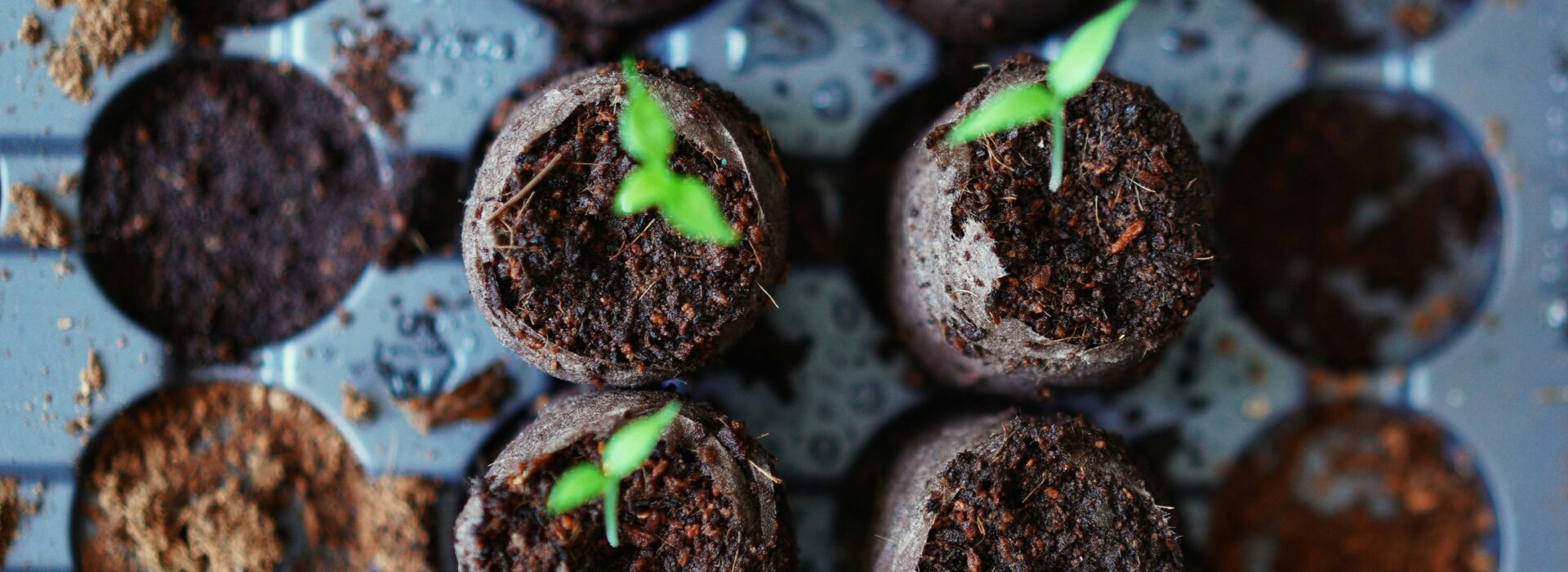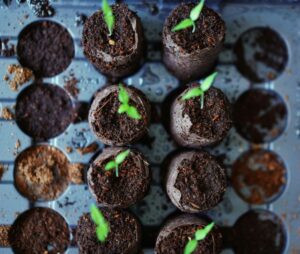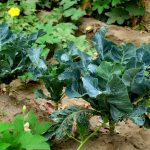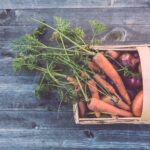Difference Between GMO, Hybrid, Organic, and Heirloom Seeds
Choosing the right seeds is crucial for any gardener or farmer aiming for a successful harvest. The terms GMO, hybrid, organic, and heirloom often come up, each representing distinct methods and characteristics in seed production. This quick comparison guide breaks down the differences between these types of seeds, helping you make informed decisions for your gardening or farming needs.

Photo by Daniel Öberg on Unsplash
GMO Seeds
Genetically Modified Organism (GMO) seeds are engineered using biotechnology (usually mixing animal and plant DNA) to introduce traits like pest and herbicide resistance. However, they come with significant drawbacks, including potential environmental harm from gene transfer to wild species, the development of superweeds and superpests, and reduced biodiversity. Mixing animal and plant DNA is uncharted territory, raising ethical and safety concerns. Additionally, GMOs can increase corporate control over the food supply, and the long-term health effects of consuming them remain debated.
Hybrid Seeds
Hybrid seeds are created by crossbreeding plant varieties to combine desirable traits like higher yields and disease resistance. However, they often reduce genetic diversity and make farmers dependent on seed companies, as saved seeds lose their traits. This focus on productivity can compromise flavor and nutrition, and may require more chemical inputs, raising environmental concerns.
Organic Seeds
Organic seeds are grown and processed without the use of synthetic pesticides, fertilizers, or genetically modified organisms. These seeds are produced following strict organic farming standards that promote ecological balance and biodiversity. Organic seeds are favored for their sustainability and potential health benefits, supporting environmentally friendly agricultural practices.
Heirloom Seeds
Heirloom seeds are open-pollinated seeds that have been passed down through multiple generations, often cherished for their historical and cultural significance. These seeds are known for their superior flavor, nutritional value, and genetic diversity. Heirloom seeds encourage seed saving and self-sufficiency, preserving a wide variety of plant genetics and traditional farming practices.
| GMO Seeds | Hybrid Seeds | Organic Seeds | Heirloom Seeds | |
|---|---|---|---|---|
Definition | Genetically modified organisms, altered using biotechnology. | Crossbred from two different varieties for specific traits, often through artificial means. | Seeds grown without synthetic pesticides or fertilizers, maintaining organic standards. | Open-pollinated seeds that have been passed down through generations, preserving biodiversity. |
Genetic Stability | High due to controlled genetic modification, but with risk of genetic contamination. | Less stable; can produce different results each year, leading to dependency on seed companies. | Stable if they are heirloom or open-pollinated varieties. | High genetic stability due to consistent traits over generations, fostering self-sufficiency. |
Yield | Often higher due to disease and pest resistance, but can lead to monocultures. | Generally high, designed for specific desirable traits, but often sacrificing flavor and nutrition. | Can vary, but typically lower than GMO and hybrid seeds, with an emphasis on sustainability. | Possible lower yield but valued for superior flavor, nutrition, and historical significance. |
Pest/Disease Resistance | Engineered for resistance to pests and diseases, which can lead to the emergence of superweeds and pests. | Often bred for resistance, but not always as resilient as GMO; can still require chemical inputs. | No genetic modification for resistance, depends on natural methods and crop diversity. | Generally less resistant, relying on natural or traditional pest control methods that enhance soil health and biodiversity. |
Seed Saving | Seeds saved may not be true-to-type, promoting dependency on seed companies. | Seeds saved typically won’t produce identical plants, discouraging seed saving practices. | Can save seeds if they are heirloom or open-pollinated, supporting self-sufficiency. | Ideal for seed saving; will produce identical plants, ensuring independence from commercial seed producers. |
Environmental Impact | Potential negative impact due to gene transfer to wild species and loss of biodiversity. | Mixed impact; often reliant on chemical inputs and can reduce genetic diversity. | Positive, promotes biodiversity and reduces chemical use. | Positive, promotes biodiversity, traditional farming practices, and ecological balance. |
Regulation | Highly regulated, but concerns about corporate control and long-term safety persist. | Moderately regulated, with concerns about corporate influence and dependency. | Regulated under organic farming standards, promoting ecological sustainability. | Minimal regulation, often overseen by seed-saving organizations that prioritize ecological health and cultural heritage. |
Consumer Perception | Controversial; concerns about safety, ethics, and corporate control. | Mixed; valued for productivity but criticized for reducing biodiversity and seed sovereignty. | Positive perception, seen as healthier and more environmentally friendly. | Positive perception, valued for history, flavor, nutrition, and sustainability. |
In conclusion, understanding the differences between GMO, hybrid, organic, and heirloom seeds is essential for making informed decisions that align with your gardening or farming goals. Heirloom and organic seeds offer a multitude of benefits, such as preserving biodiversity, supporting sustainable practices, and maintaining rich, authentic flavors passed down through generations. In contrast, while GMO and hybrid seeds may promise higher yields and disease resistance, they often come with concerns about environmental impact, dependency on chemical inputs, and loss of genetic diversity. By choosing heirloom or organic seeds, you not only contribute to a healthier ecosystem but also enjoy produce that is closer to nature, fostering a deeper connection to your garden and its heritage. Select seeds that honor tradition and sustainability, ensuring a thriving and responsible harvest.












